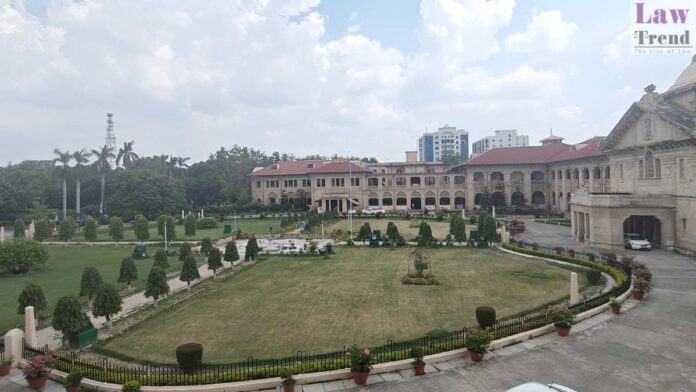In a significant ruling, the Allahabad High Court has rejected a plea filed by Dinesh Kumar Verma, a suspended station house officer (SHO), to quash the criminal proceedings against him linked to the 2020 Hathras gang rape and murder of a 19-year-old Dalit woman. The court’s decision underscores the serious allegations of dereliction of duty faced by Verma in his handling of the sensitive case.
Justice Raj Beer Singh, presiding over the matter, dismissed Verma’s petition, which included an appeal against the summoning order issued by a CBI court in Ghaziabad. The justice criticized Verma’s conduct, highlighting both procedural violations and a profound lack of sensitivity required in managing such grave situations.
Verma, who was the SHO at Hathras during the incident, has been charged by the Central Bureau of Investigation (CBI) under sections 166A(b)(c) and 167 of the IPC, which pertain to the failure to record information and the framing of incorrect documents by public servants, respectively.
The chargesheet details several serious lapses by Verma, including his failure to prevent the media from recording the victim inside the police station, which was his duty to safeguard her dignity as a sexual offense survivor. It is also alleged that Verma recorded the victim on his mobile phone but neglected to refer her for a sexual assault examination or provide proper transportation to the hospital, forcing her family to arrange a shared auto-rickshaw despite the availability of police vehicles.
Furthermore, the CBI investigation revealed false entries made in the general diary on Verma’s instruction, claiming a lady constable had examined the victim when, in fact, no such examination took place. These entries falsely stated that the victim bore no injuries, and Verma failed to register a case based on her statements.
During the court proceedings, the petitioner’s counsel argued that Verma managed the chaotic situation at the police station without causing panic, contending that his actions were mere human errors rather than unlawful conduct. However, the court, upon reviewing the complainant’s statement, witness testimonies, and other material evidence, including CCTV footage, determined that a prima facie case against Verma was clearly established.




